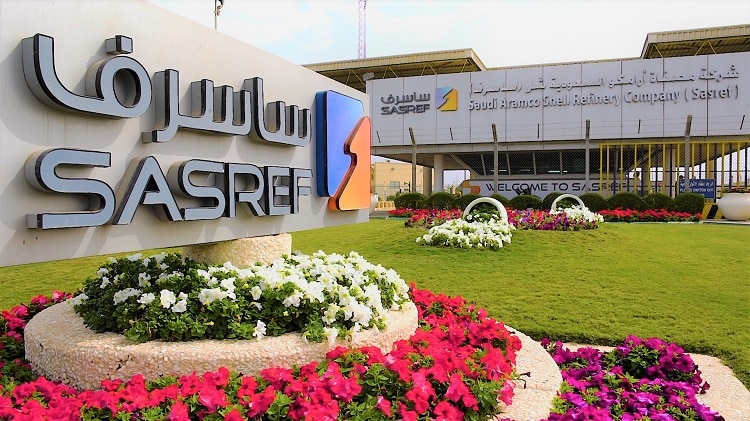
The agreement, signed with the government-backed Saudi Industrial Investments Group (SIIG) and a key partner from the private sector, underscores Aramco's commitment to fostering sustainable energy production in line with its Vision 2030 goals. The expansion will not only increase SASREF’s refining capacity but will also introduce advanced technological processes aimed at improving operational efficiency and reducing environmental impact.
SASREF, originally built to process a range of crude oils, serves as a crucial component of Aramco’s downstream network, producing refined products that are vital for various industries, including petrochemicals, fuel, and lubricants. The refinery, with a current processing capacity of about 305,000 barrels per day (bpd), has been pivotal in Saudi Arabia’s drive to bolster its refining infrastructure and diversify its economy.
Under the terms of the agreement, substantial investments will be directed toward enhancing the refinery’s technological framework, particularly focusing on advanced environmental management systems and automation. The partners aim to implement cutting-edge refinery technologies that are not only more efficient but also aligned with global environmental standards, reflecting Aramco’s increasing attention to sustainability and low-carbon initiatives.
A key aspect of this expansion is the enhancement of SASREF's ability to produce high-value petrochemical products, which are a growing segment within Aramco's diversified energy portfolio. This shift is indicative of the company’s strategy to not only meet the demands of the traditional oil and gas markets but also to position itself as a leader in the global petrochemical industry.
The expansion of SASREF also ties into Aramco’s broader objectives of increasing domestic refining capacity to cater to rising regional demand for fuels and chemicals. The company has been consistently increasing its footprint in global markets, with a particular focus on Asia, Europe, and North America, where its refined products are in high demand. These markets, in turn, are expected to benefit from Aramco’s enhanced capacity to supply high-quality fuels, industrial chemicals, and lubricants.
Saudi Arabia’s ongoing efforts to increase its refining and petrochemical output are part of a larger push to boost its non-oil revenues and foster economic diversification. As part of Vision 2030, the kingdom has been accelerating investments in key sectors such as manufacturing, energy, and technology, with the refining sector positioned as a key player in this transformation. This includes the diversification of the Saudi petrochemical sector, which is expected to see more foreign partnerships, investments, and technology-sharing initiatives like the one launched with SASREF.
In addition to the technological advancements, the agreement emphasizes the importance of collaboration between public and private sectors to achieve long-term economic goals. The strategic investment by SIIG, a leading player in the Saudi industrial investment landscape, further solidifies the country’s intent to develop high-value sectors and strengthen its industrial base.
Aramco’s commitment to sustainability is reflected in its ongoing investments in both upstream and downstream operations that prioritize environmental stewardship. With the expanding global focus on carbon emissions reduction and climate change mitigation, Aramco has been integrating new processes aimed at minimizing its environmental footprint, especially in refining and petrochemical operations.
The SASREF expansion project will also play a pivotal role in creating local jobs, contributing to Saudi Arabia’s employment goals. This aligns with the kingdom's broader objectives under Vision 2030 to generate more domestic employment opportunities and cultivate a skilled workforce in energy and manufacturing sectors.
Topics
Gcc
